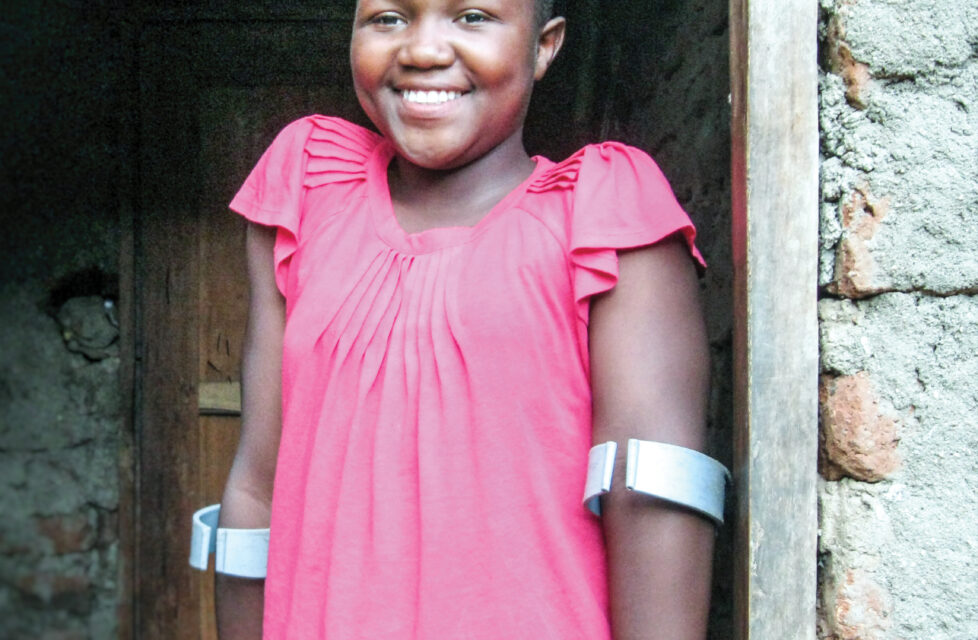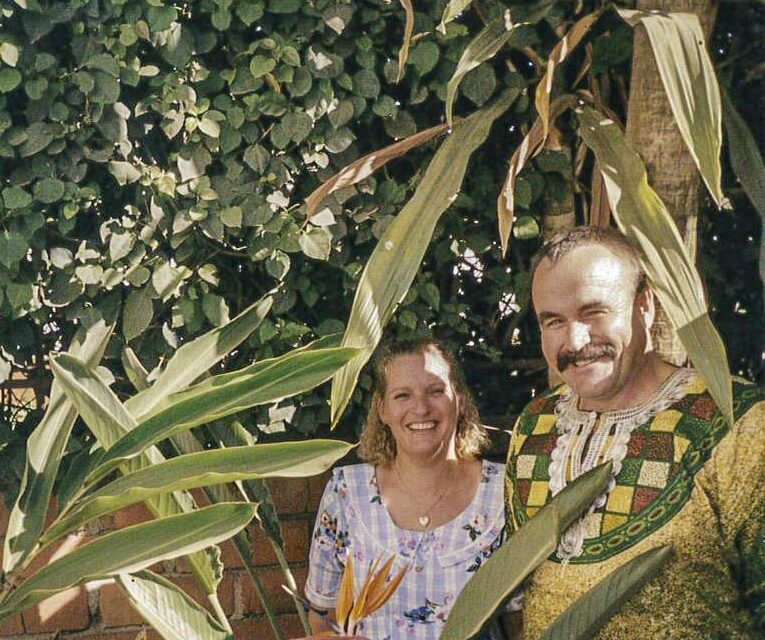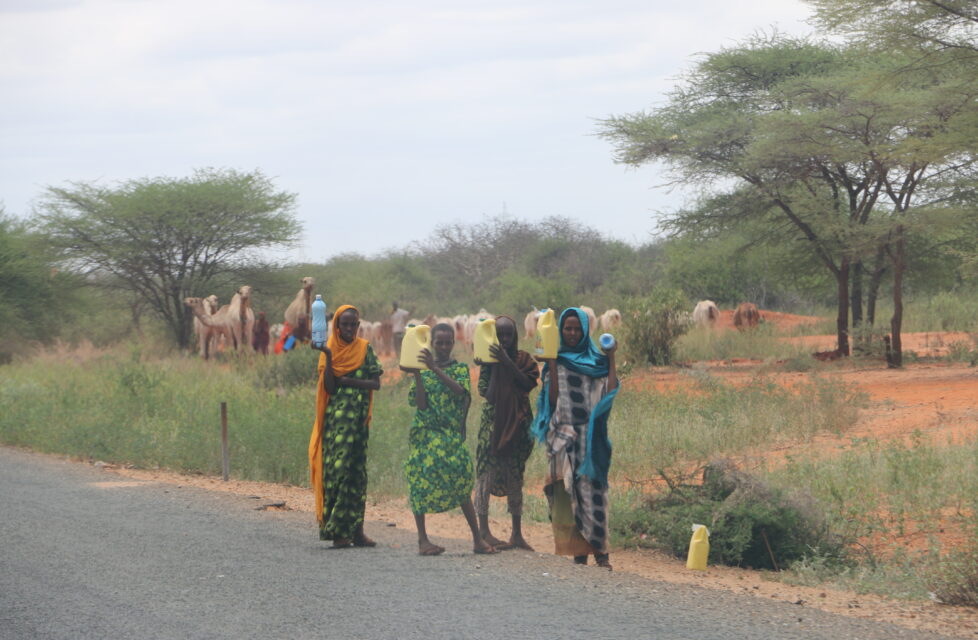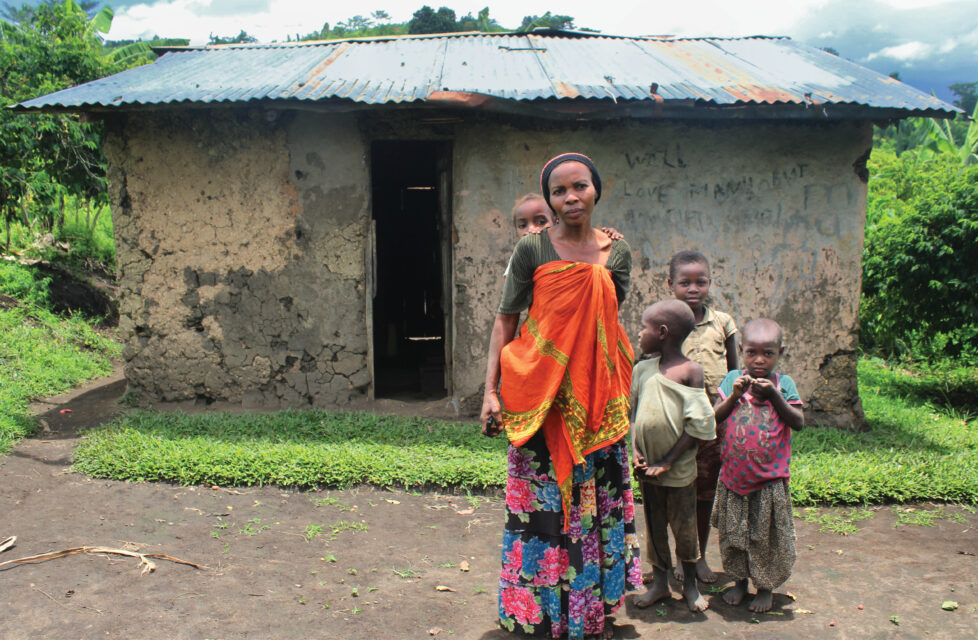The thin, 13-year-old girl shifted painfully in the dark, trying to remember how long she had been locked up. Although she wasn’t exactly sure, she knew it had been months. Her stomach rumbled with hunger, and she hoped that her brother might soon slip another roasted banana under the door. Her father hadn’t fed her since locking her in the cramped space. Soon after Susan Ithungu came to know Christ in 2009, her Muslim father began to beat her, once even threatening to kill her with a knife. After trying for months to persuade Susan to deny Christ, he finally locked her in a small space in their mud shanty. Six months passed before neighbors realized what was happening to Susan and notified the police, who rescued her and took her to a hospital. A pastor who visited her immediately after her rescue said she was extremely thin and unable to walk or talk. “Her hair had turned yellow, she had long fingernails and sunken eyes, and she looked very slim, less than 45 pounds,” he said. Abused and Rejected Sadly, Susan’s story is not unique in Uganda. While 85 percent of the country’s population is Christian, those who convert
Read MoreIn the late 1990s, a Wisconsin couple left their farm and family behind to share the love of Christ in Africa. Years later, their loved ones are left with grief and lingering questions about how and why the couple were killed at the Christian training center where they served. In 1997, Warren and Donna Pett sold their 96-year-old family farm and 110 Holstein cows in Mukwonago, Wisconsin, after sensing God’s call to the mission field. They said goodbye to their children, a grandchild, their parents and other relatives who lived near the farm, then boarded a plane to go serve strangers in a faraway land. The couple, both in their early 40s, had made the decision to enter the mission field a few years earlier, following a missions conference at their church. They felt God nudging them to use their decades of farming experience to teach agriculture to African youth and share the gospel along the way. The decision didn’t surprise their children, Marita Verhalen, Saul Pett and Ezra Pett. They have fond memories of their mother reading her Bible and praying each morning on the couch, and their father’s faith is also part of their family heritage. Warren often
Read MoreAdam’s light skin and Arabic features immediately give him away as a Somali in his adopted country of Uganda. When his students at the missionary training school meet him, the first words that come to mind are “terrorist” and “spy.” But Adam relishes the opportunity to upend their stereotypes by sharing how he became a new creation in Christ after several decades as a practicing Muslim. On the Run At age 17, after his father had been killed by the Somali Islamist group al-Shabab, Adam joined the nearly 2 million other Somalis who have fled the violence in their homeland to live elsewhere. He moved to Uganda, where he had relatives among the 40,000 Somali refugees already living there. Reflecting on his experiences, he realized, “Somalis are not suffering at the hands of the people we hate, but we are suffering at the hands of the people we love.” If the Islamic faith had motivated al-Shabab to kill his father, Adam didn’t want anything to do with it. He began searching for something else, and he didn’t keep his thoughts to himself. He sought out Somali Christians online and even watched the JESUS film with a group of friends. While
Read MoreCecelia’s Costly Choice Cecilia was still grieving her husband’s death when Habib Kabunda started visiting her small village in Uganda. Although he was a Muslim and she was a Christian, Habib had been a friend of Cecilia’s husband. So when he proposed marriage, Cecilia’s tribe voted that she should marry him, and Cecilia accepted. Her children needed a father, and she had no means of supporting her family. After their marriage, which required Cecilia to convert to Islam, Habib moved into Cecilia’s mud-walled house, where they had children together and eventually became a family of nine. Habib worked, Cecilia managed the household and life seemed to return to normal. As the years passed, however, Cecilia became increasingly uneasy with her adopted Islamic faith. She felt empty and depressed, and the words of the clerics at the mosque meant nothing to her. Recognizing that the problem was spiritual, she knew she had a decision to make. “I realized I had to stop right there and return to Christ,” she said. Cecilia left the mosque and returned to church, even though she and Habib often fought about it. Her Christian faith became more central to her life, and she knew she would
Read More



